Huddersfield’s gas holder is one of the town’s landmarks. It may no longer be used for its original purpose but it makes a great home – for a pair of nesting peregrine falcons.
Peregrines are loyal and when they find a suitable breeding site they will return year after year to lay eggs and rear their chicks.
The Huddersfield peregrines are back on the gas holder for a second year, nesting 120ft off the ground.
Last year Liz Payne and partner Ian Fletcher spotted the birds and tracked them to their precarious perch on the gas holder.
With Liz furloughed from her job in sales, she was able to spend time looking out for the pair and their chicks. It became a lockdown project.
WATCH: Latest video footage showing peregrine nest on the gas holder
At one point last year Liz was spending most of her day at the gas holder and there were dramas when the chicks were trying to make their way in the world.
Sadly, one fell out of the nest and didn’t survive and another got into a flap learning to fly, crashing into the road outside. Liz had to stop the traffic and rescue the fledgling flier.
“It was lovely to spend so much time there last year,” said Liz. “They are wonderful birds.”
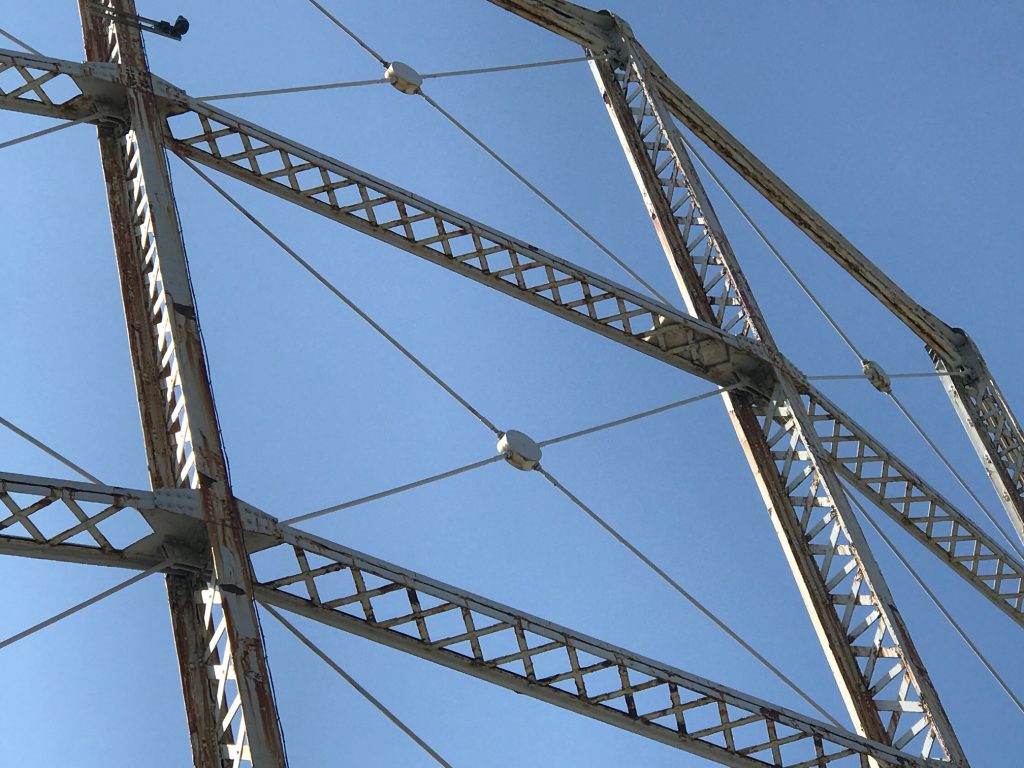
After hatching their young the peregrines moved on and Liz and Ian thought it would be good to improve their accommodation somewhat, assuming they returned.
“It was a very precarious position they had between the girders,” said Liz. “But we knew the birds were very loyal to the gas holder and hoped they would come back.”
The couple contacted Northern Gas Networks, which owns the structure, and the company was only too pleased to help.
“They asked us what we needed,” said Liz. “We said we’d like a nesting tray and a camera. They said ‘give us a shopping list’ and we’ll sort it out, and they did.
READ MORE: Meet PC Caroline Newsome, Kirklees police wildlife crime officer
“We were a bit worried that after Northern Gas Networks had spent all this money the peregrines wouldn’t come back – but they have.”
The solar-powered camera, which produces stunning footage of the nest, was installed by cherry-picker. At first the couple wanted to keep the nesting site under the radar and away from predators – of the human kind.
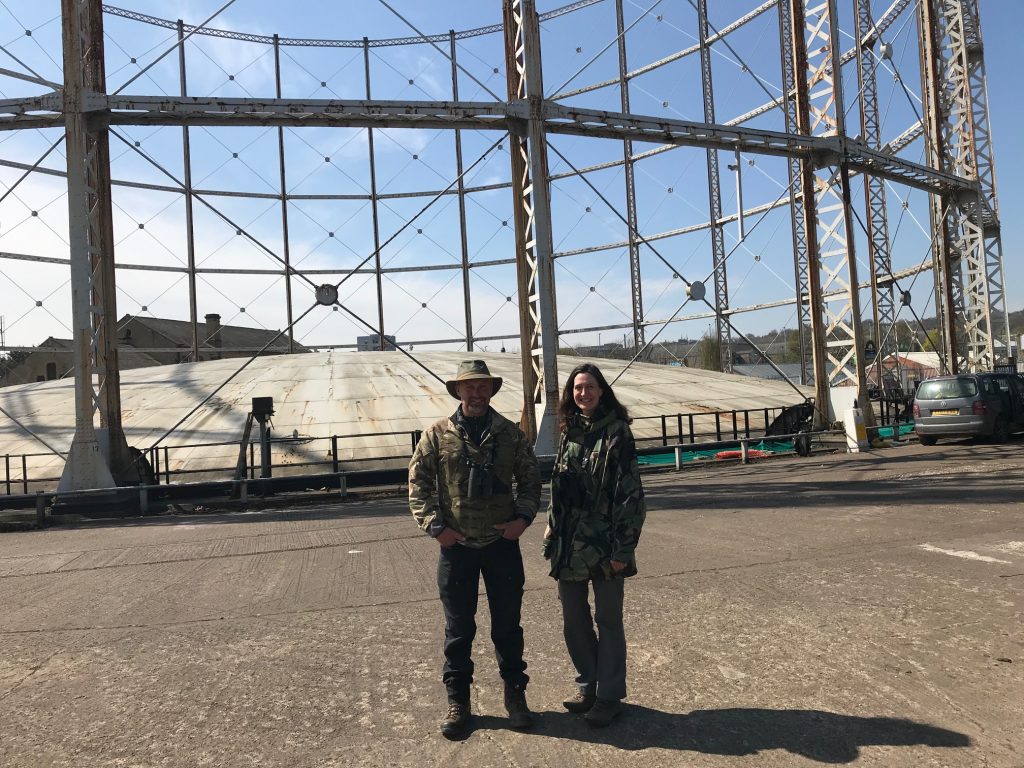
Liz and Ian set up a Facebook group, Huddersfield Peregrines, which grew and that was followed by a Twitter feed.
Eventually the couple, who live in Clayton West, decided that going public would mean greater protection for the birds. They figured the more people who knew they were there, the safer they would be.
The Huddersfield peregrines duly returned and laid four eggs. They are currently being incubated in turns by the male and the female and are due to hatch at the end of April.
“It’s an exciting time,” said Liz. “We’re currently getting things ready and we are putting some netting up at the bottom as there’s some oil and we don’t want the chicks to fall into that.”
The couple go down regularly to collect data – such as the kind of prey the birds feed on. Pigeons are the staple diet but they have found the remains of other birds too including a pied wagtail, coots, a woodpecker and a kingfisher.
“We love kingfishers and woodpeckers, of course, but this is nature and all part of the food chain,” said Liz. “We’ve even seen peregrines attack a heron.”
The couple are looking forward to an exciting time as the eggs hatch and they will download the footage and share it on social media.
The gas holder is understood to be safe from demolition for at least the next five years and the couple hope that next year it might be possible to live-stream the nest, making even bigger stars of the Huddersfield Peregrines.
Liz and Ian can’t be sure whether any of the chicks from last year survived and are hoping for a successful brood this time around.
Peregrine Facts
Peregrines are said to be the world’s fastest birds, able to dive at speeds of more than 200mph. In 2014 a survey found there were 1,769 pairs, an increase of almost a quarter from 2002.
Of around 500 breeding pairs being monitored around a quarter lived on man-made structures. They are being lured into towns and cities by big populations of urban pigeons.
In the UK peregrine falcons have protection under the Wildlife & Countryside Act 1981. It is illegal to kill or injure a peregrine and it is also an offence to damage or disturb a nest or steal or damage eggs. There is an unlimited fine or up to six months imprisonment or both.


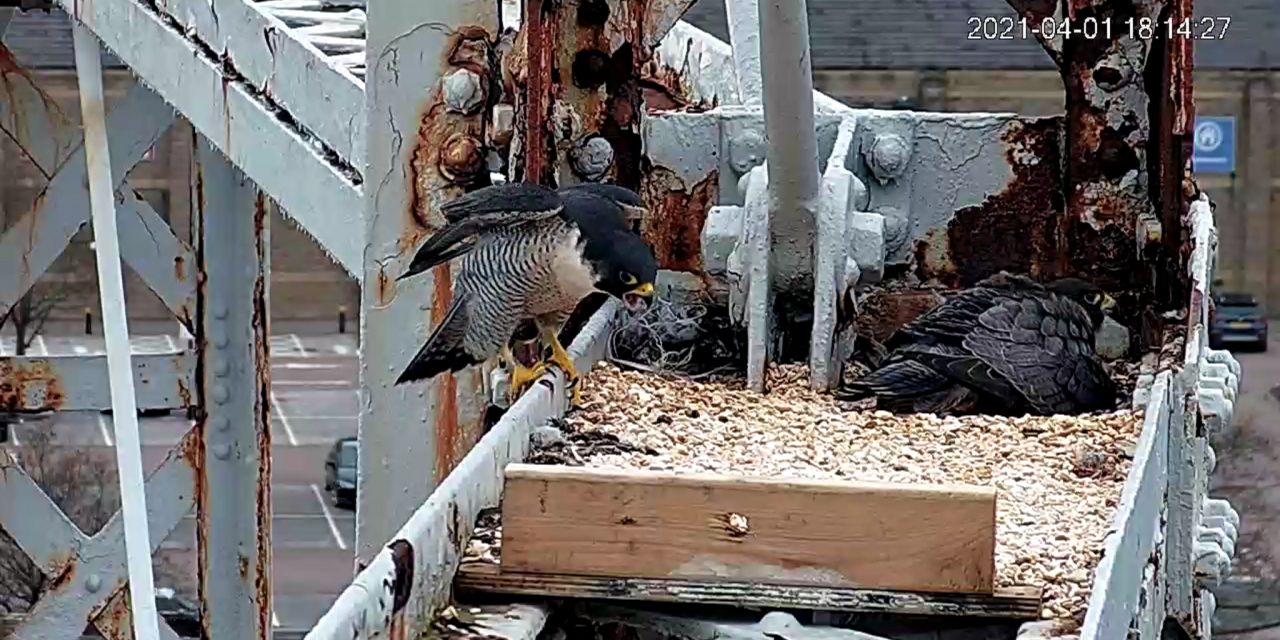
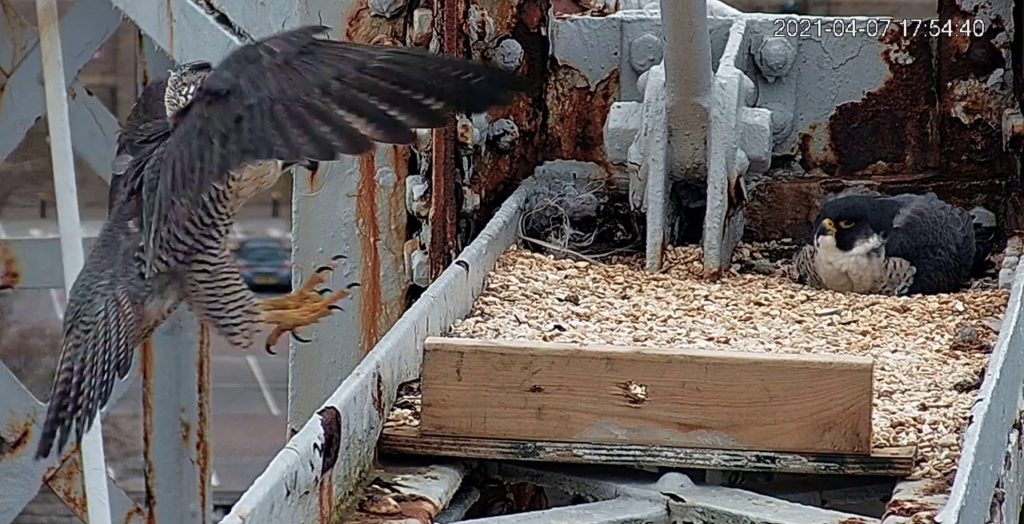

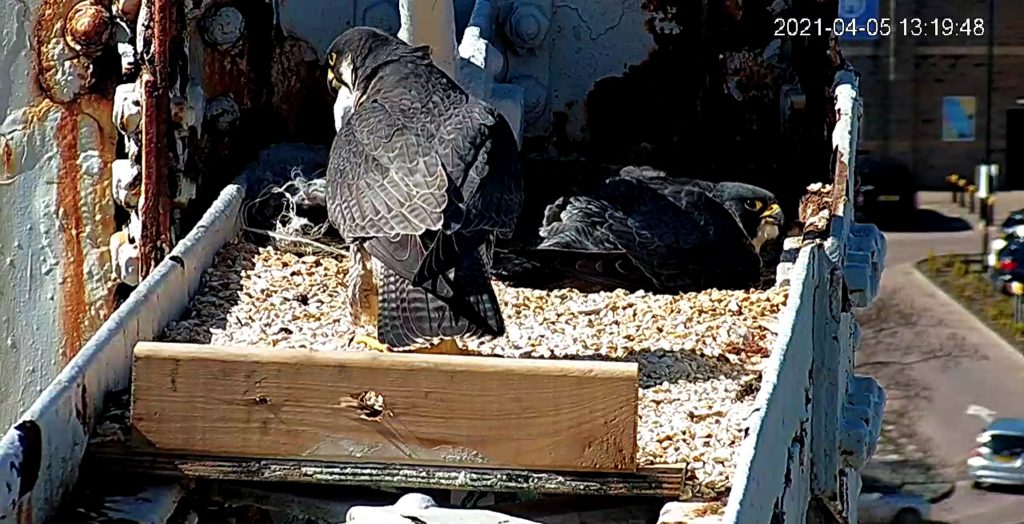








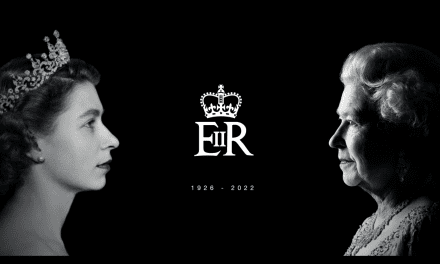






Super photo’s